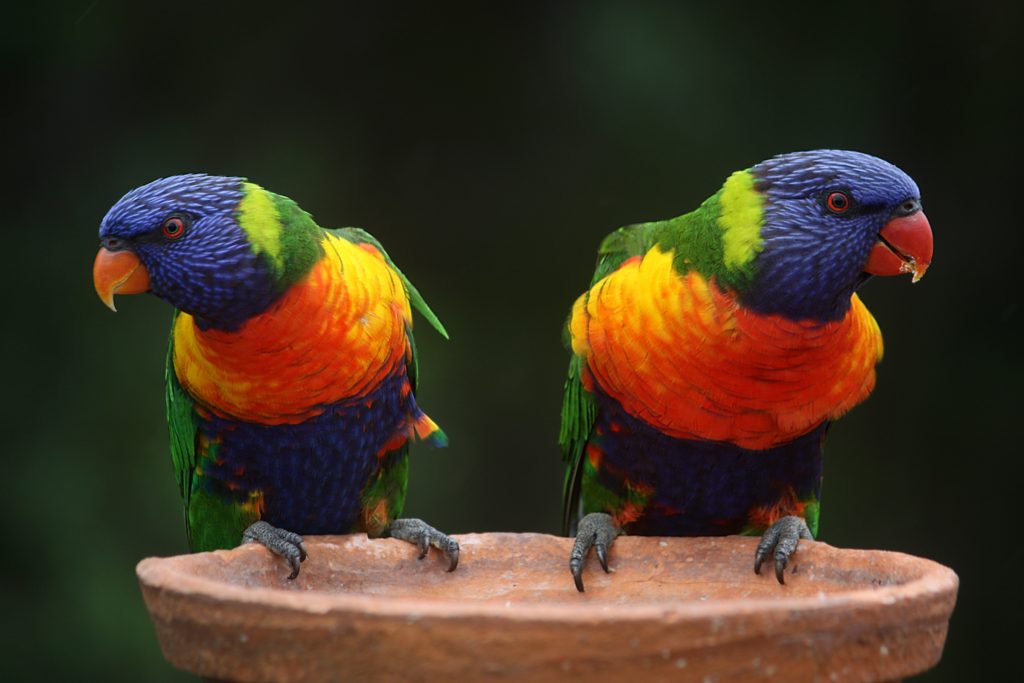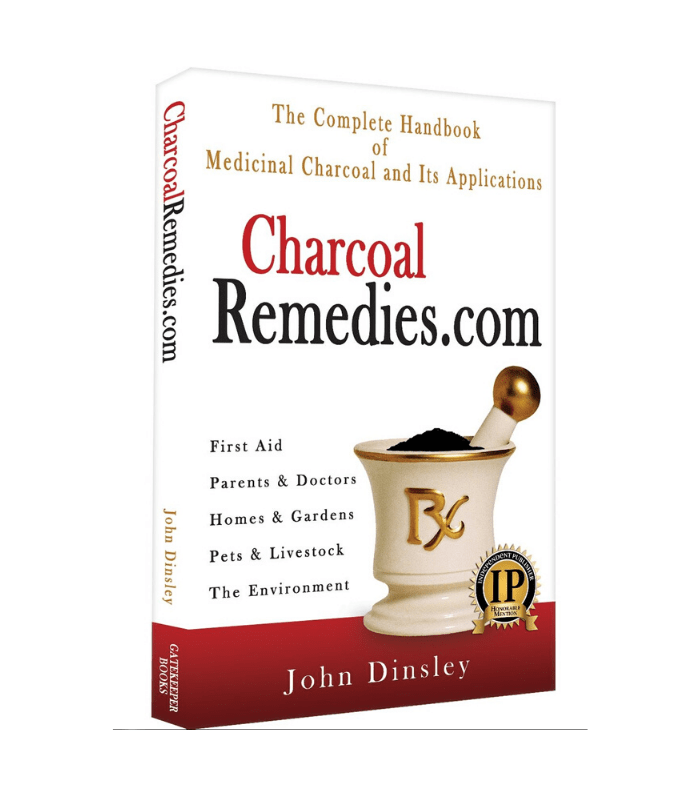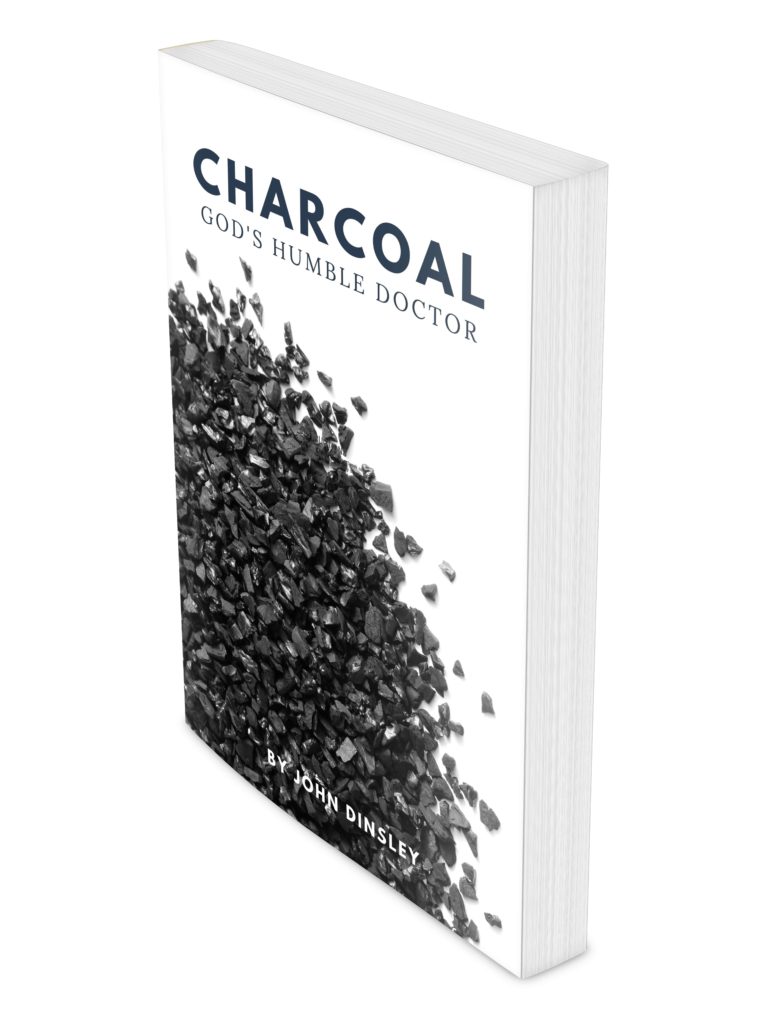
Animal Feed Supplement
Because animals are increasingly subjected to contaminated water and feed many small and large farmers are following an age-old practice of mixing charcoal either into drinking water or the feed. This practice is widely followed in Europe with commercial activated charcoals specifically designed to be added to cattle and poultry feed. The activated charcoal supplement is able to adsorb many toxins from water-borne organisms or toxins from decomposing feeds. An added benefit is the marked reduction in waste odors.
Loss of Nutrients
We are often asked, “Will the charcoal affect the nutrients?” The answer is No. Here is one study:
“Charcoal added to the diet of sheep for six months did not cause a loss of nutrients, as compared with sheep not receiving charcoal. …5 % of the total diet was charcoal. It did not affect the blood or urinary levels of calcium, copper, iron, magnesium, inorganic phosphorus, potassium, sodium, zinc, creatinine, uric acid, urea nitrogen, alkaline phosphatase, total protein or urine pH.”
Notice these benefits seen by the Food & Fertilizer Technology Center (Asia Pacific Region in cooperation with Kwang Hwa Jung National Livestock Research Institute (NLRI) Rural Development Administration (RDA), Suwon, Republic of Korea) when feeding charcoal powder to domestic animals including cattle, pigs, and poultry:
- increase in milk production for cattle
- decrease in mastitis
- reduction in mortality for pigs and laying hens
- overall disease reduction
- improve feed:weight ratio of pigs
- 50% reduction in the offensive smell of manure
The bamboo charcoal powder may be fed to cattle as a feed additive, at a rate of 1 – 2% (by volume) (see Table 1). Alternatively, it may be added to the drinking water, as shown in Table 2. Used in this way, it will reduce the bad smell of manure by 50%.
Table 1 – The rate and usefulness of bamboo charcoal added to the feed
| Livestock | Amount added to feed mix | Usefulness |
| Milk cows | 1-2% | Prevention of mastitis Increased milk production Reduction of somatic cells in milk Prevention of calculus occurrence Prevention of stomach twist |
| Fattening cattle | 1-1.5% | Improved meat quality |
| Pigs | 1-5% | Reduction in mortality Reduction in bad smell and fly occurrence Better feed conversion and less leftover feed |
| Laying chickens | 1-1.5% | Increased laying rate Longer laying period Increased egg weight |
| Broiler chickens | 1% | Higher survival rate over 4-day shipping period General reduction in mortality |
Table 2 – The rate and effect of bamboo charcoal extract added to drinking water
| Use | Rate of dilution | Effect |
| Drinking water for healthy livestock |
1000 times | Prevention of disease Reduction of bad smell |
| Drinking water for sick livestock | 100 times | Prevention of disease |
| Disinfection of cattle shed |
100 times | Removal of bad smell Optimum sanitation |
Bamboo charcoal added to the feed or drinking water improves the smell of the shed and helps keep down flies.
2002 OMRI position paper on the use of Activated Charcoal in Animal Feeds—click PDF file Poisoned Chickens
One poultry farmer sent in this story to us about her poisoned chickens. “We bought Cornish-rock broiler chicks, which were doing fine until they were 3 weeks old. Then we could not get their usual feed, which was un-medicated 22% protein feed for game birds. We had to substitute another brand. In a few hours the chicks began to get sick. They were gaping (gasping for breath,) and too weak to stand up. They refused to eat and had a very subnormal temperature. 15% of them died in two days. Many more were so sick that we didn’t expect them to live. I looked up symptoms in a homeopathic book, and decided to give them Carbo-veg, which is made from charcoal of vegetable origin, in their drinking water. We had previously saved some other chickens that had been poisoned, by feeding them charcoal. Charcoal is noted for antidoting the effects of spoiled or bad foods. I also gave them granulated coconut-shell charcoal to eat. All of them ate it readily. The next morning the survivors looked quite healthy again and were eating and drinking well. I was able to get the game bird starter again at that time. I think the substitute feed contained rancid fats, very rotten meat scraps, and/or GM corn.” Betty—Texas
We would follow up Betty’s suggestion and recommend regularly sprinkling granulated charcoal either in the feed or where they tend to “scratch.” Mixing charcoal powder with drinking water in the above ratio makes a very easy and practical way of getting the poison—adsorbing benefits of right to the chickens.
Digestive Aid
Granular charcoal is also an excellent avian digestive aid, especially for smaller birds such as parakeets and similar caged birds. It helps to fight hyperacidity and relieve stomach upset. We recommend that granular charcoal be placed in a treat cup or mixed with gravel.
Dying Fish
We had to chuckle over this sick fish story: “I couldn’t stand to watch my fish die in the aquarium so I decided to cloud the water with charcoal powder. Next morning all the fish had revived!” Oscar
Charcoal not only cleans water of impurities, removes excess CO2, it also adsorbs some microorganisms and the toxins they produce that are lethal in artificial habitats. We would suggest sprinkling some charcoal granules in goldfish bowls and fish aquariums.
To learn more how you can help care for your pets and livestock using the super natural benefits of charcoal, we recommend the book CharcoalRemedies.com The Complete Handbook of Medicinal Charcoal & Its Applications. Also available in Spanish.


